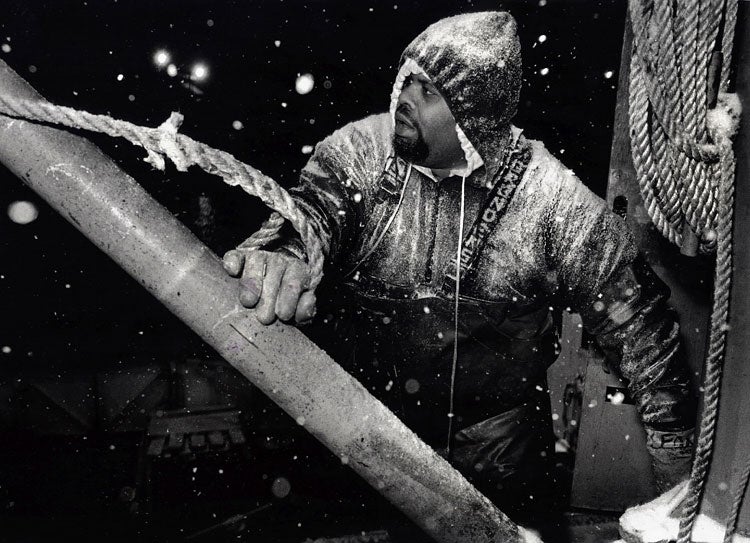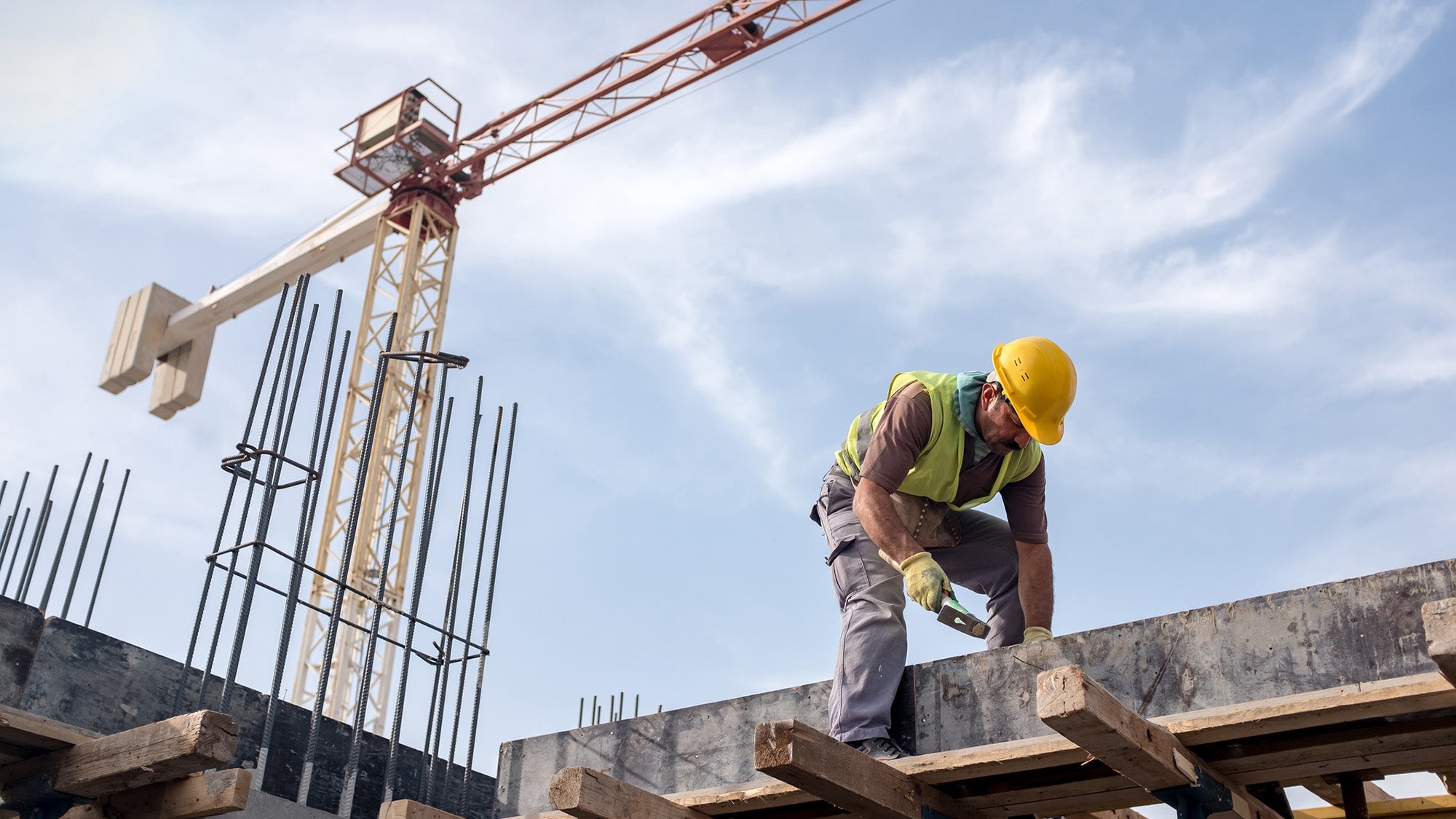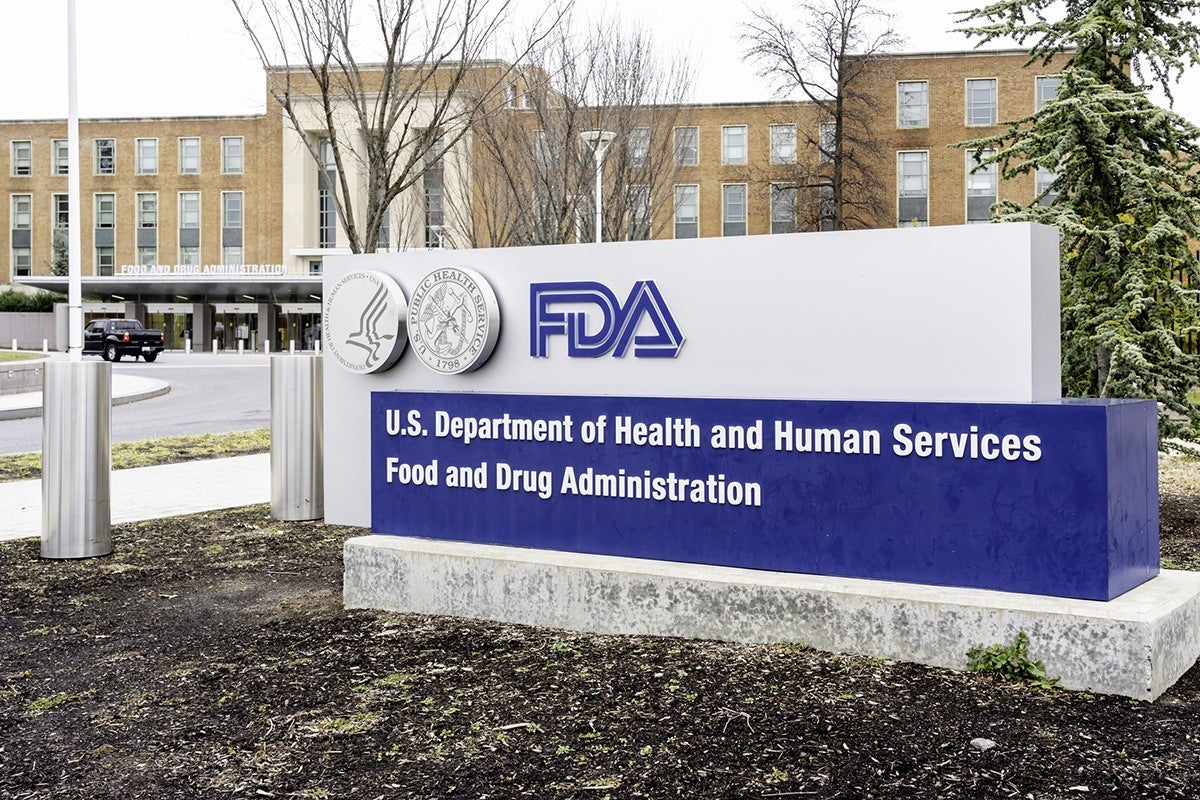Christiani Lab
The Christiani Lab studies the interplay between environmental exposures, genetics, and disease in human populations, in the research area known as molecular epidemiology.
651 Huntington Avenue
FXB 109–113
Boston, MA 02115
What We Do
Most chronic diseases are the result of both environmental exposures and genetic factors. A major challenge facing researchers in public health is to characterize the various determinants (risks) for disease so that more effective prevention strategies may be devised and implemented. The Christiani Lab studies the interplay between environmental exposures, genetics, and disease in human populations. Learn More….
Our Research
In 2000, Dr. Christiani initiated a series of studies with colleagues in Bangladesh to investigate health hazards from exposure to inorganic arsenic in drinking water. Several decades earlier, the widespread use of a well placed with metal or PVC pipe into layers of the earth 30-180 feet deep entrained inorganic arsenic from natural, alluvial deposits. This exposure led to widespread illness, including cancers and other health conditions. Learn more…
The BLCS is a cancer epidemiology cohort (CEC) of over 12,000 lung cancer cases enrolled at Massachusetts General Hospital (MGH) and Dana-Farber Cancer Institute (DFCI) since 1992. It has been supported by the National Cancer Institute (NCI). We have collected detailed demographic, smoking, occupational, and dietary information, in addition to pathology, imaging, treatments, oncogenic (somatic driver) mutation status, and biosamples. The BLCS biorepository includes serum, white blood cells, DNA, and ~2,000 tumor and surrounding tissues. This cohort is a member of the NCI-supported International Lung Cancer Consortium (ILCCO) and the Transdisciplinary Research in Cancer of the Lung on Lung Cancer (TRICL), and is one of the few lung CECs contributing data on survival status, with oncogenic mutation data and tissue available. The accumulative follow-up rate for the BLCS cohort has been high, approximately 95%, with nearly complete ascertainment of deaths using the National Death Index and other resources. MGH and DFCI are leaders in systematically genotyping patients for oncogenic mutations. Learn more.
This project is a 20-year investigation of the cardiovascular and respiratory effects of inhaled metal fumes among a population of welders in the Eastern Massachusetts region. The approach taken was a molecular epidemiologic investigation of biomarkers of physiological, biochemical, and epigenetic changes after exposure, while measuring personal exposures with monitors as well as using blood and urine exposomics markers. Learn more…
Acute Respiratory Distress Syndrome (ARDS), acute lung injury (ALI), and septic shock are commonly encountered conditions in the intensive care unit, with relatively high mortality rates despite advances in treatment. ARDS is caused by infections, such. As SARS COV2 (COVID), bacterial pneumonia, sepsis, chest injury, multiple trauma, among other precipitants. Research into these conditions often focuses on the role of inflammatory cells. However, little is known about why some patients progress to ARDS or septic shock while others with the same risk factors do not. Learn more…
In Shanghai, the world’s largest cotton textile producer, Dr. Christiani has led a 43-year long study of 1,000 textile workers that has helped tighten air-quality standards in factories across China. The study has also raised worker-safety concerns in industries from textile processing, grain processing, and animal confinement to particle-board manufacturing — all of which contaminate the air with vegetable- or animal-derived dusts that contain gram-negative bacterial endotoxin. Learn more…
Who We Are

Education and Research Center for Occupational Safety and Health (ERC)
David Christiani is the Director of the Harvard Chan Education and Research Center for Occupational Safety and Health (ERC), which prepares leaders in the field of occupational health and safety.


